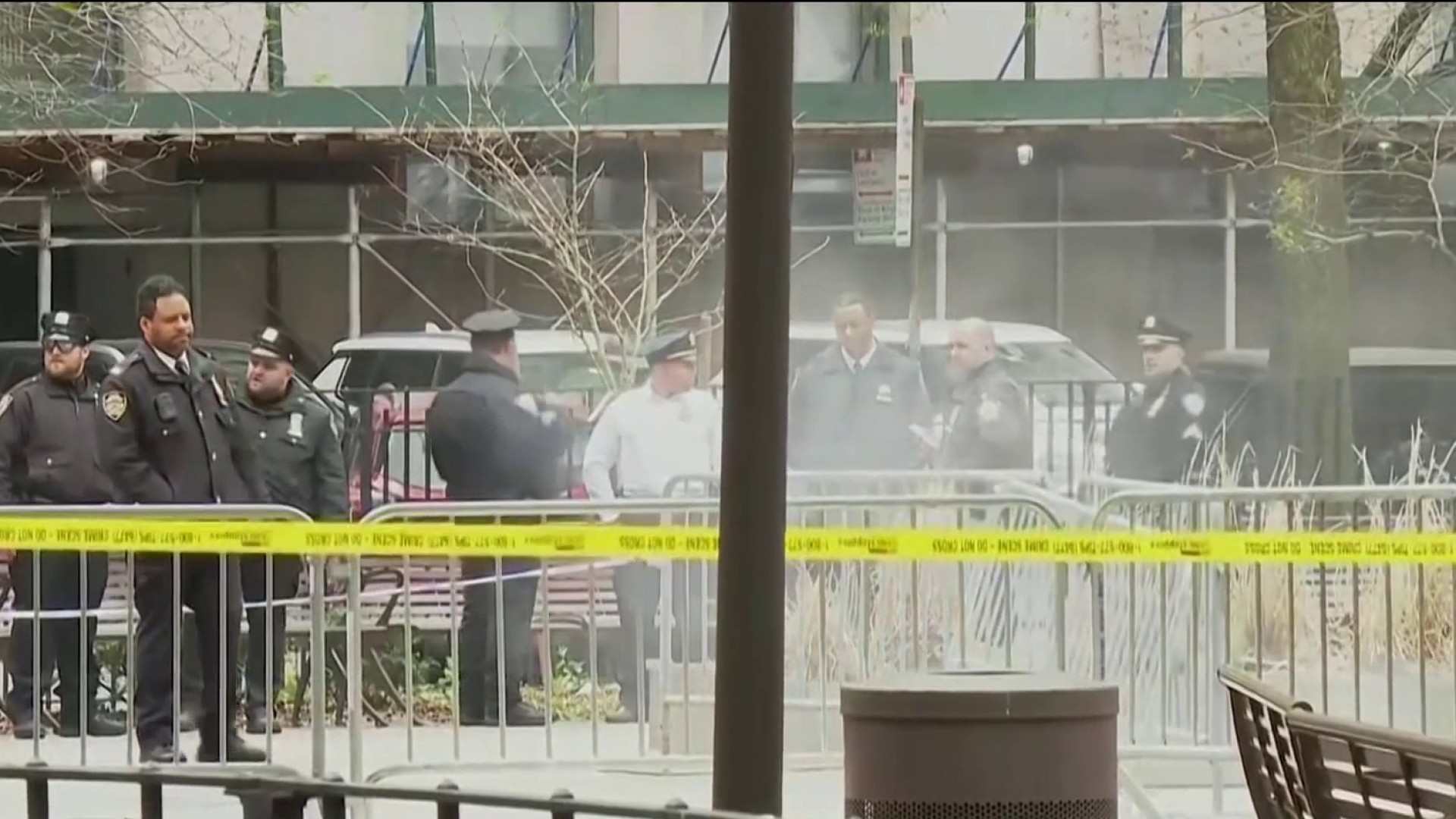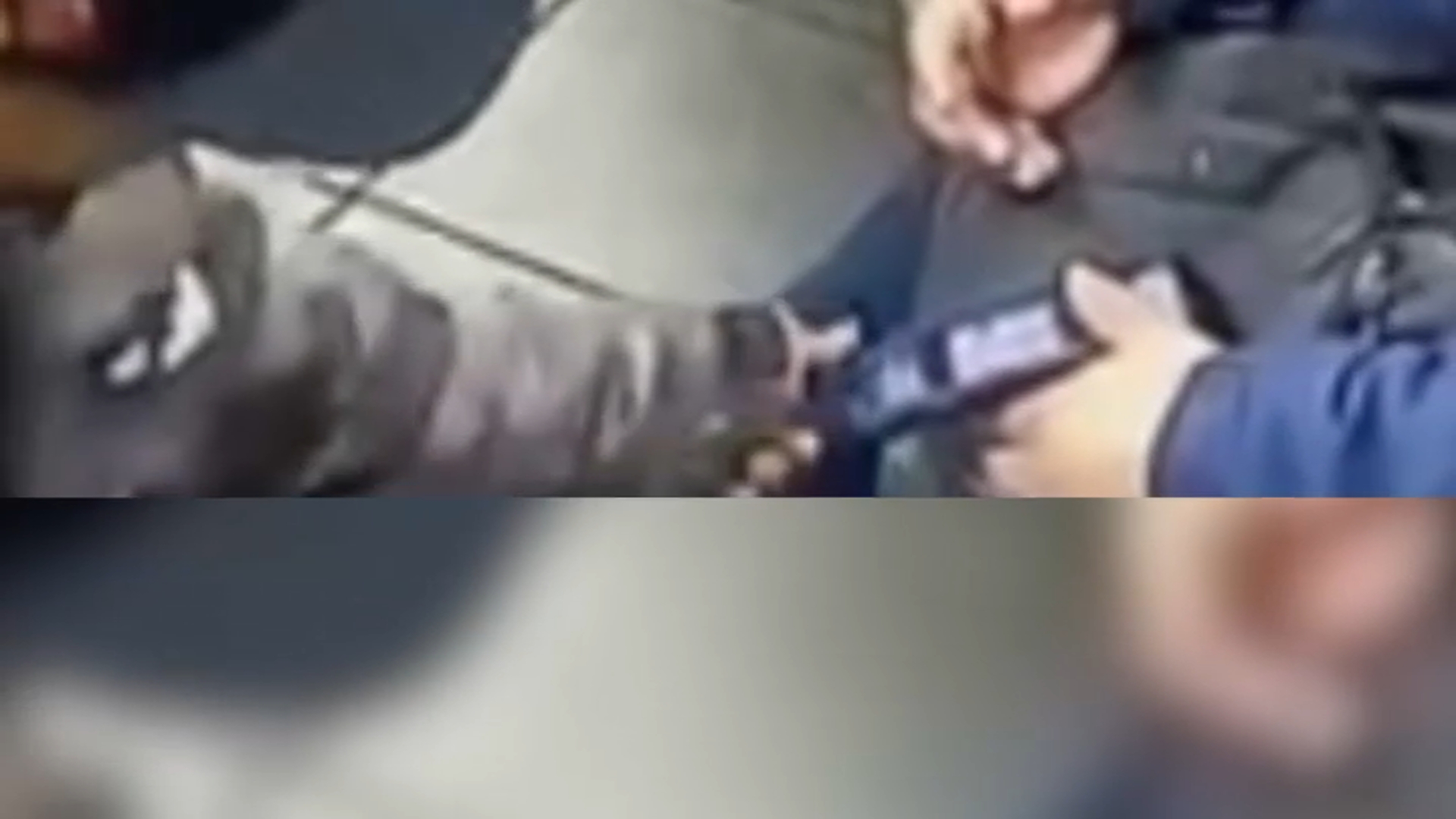What to Know
- New York City officials unveiled on Friday additional NYPD reform proposals -- the second part of the larger set of goals proposed in the initial New York City Police Reform and Reinvention Collaborative draft plan.
- Public safety officials hope that the new proposals will bring greater accountability to the NYPD with the overall aim of undoing the legacy and harm of racialized policing. The reform, which build on the initial 36 proposals included in the NYPD reform draft plan, also look to make New York City residency a more significant factor in hiring officers and end the poverty-to prison-pipeline.
- The second part of the plan includes proposals that focus on decriminalization of poverty, transparency and accountability, community representation and partnership, recognition and continual examination of historical and modern-day racialized policing and creating a more diverse, resilient, and supported NYPD.
New York City officials unveiled on Friday additional NYPD reform proposals -- the second part of the larger set of goals proposed in the initial New York City Police Reform and Reinvention Collaborative draft plan.
Public safety officials hope that the new proposals will bring greater accountability to the NYPD with the overall aim of undoing the legacy and harm of racialized policing. The reform, which build on the initial 36 proposals included in the NYPD reform draft plan, also look to make New York City residency a more significant factor in hiring officers and end the poverty-to prison-pipeline.
According to NYPD Commissioner Dermot Shea, in order to compile the new reform proposals and plan draft, the NYPD and city officials held nearly 100 community meetings on "where we are are, what works, what doesn't work, and most importantly, how do we move forward together as one city. So to all New Yorkers who took part in this process, I say 'thank you.' I also want to thank the members of the NYPD, who behind the scenes were also part of this reform initiative and continue to be."
Get Tri-state area news and weather forecasts to your inbox. Sign up for NBC New York newsletters.
The second part of the plan includes proposals that focus on decriminalization of poverty, transparency and accountability, community representation and partnership, recognition and continual examination of historical and modern-day racialized policing and creating a more diverse, resilient, and supported NYPD.
The Decriminalization of Poverty
Among the proposals to decriminalize poverty, is the creation of an Ending Poverty to Prison Pipeline initiative in order to prevent and reduce justice system contact and connect low-income and justice-involved clients and their families with streamlined services. The city will also work closely with the Chancellor of Schools to halt the school-to-prison pipeline as well.
Additionally, the reform also looks to adopt new public health approaches with the goal of reducing overdoses. This includes the approval of Overdose Prevention Centers at the state level.
Furthermore, the city looks to issue an Executive Order requiring city agencies to come up with service plans to provide access to health and human services for those impacted by the criminal justice system.
Transparency and Accountability to New Yorkers
In the hopes of creating further transparency and accountability, the NYPD looks to the expand the Early Intervention program to identify and assess at-risk officers.
News
"This, in some cases, means that an officer needs retraining. In other cases it means that an officer for a period of time should not be doing duty on our streets and for whom there needs to be a deeper reevaluation. For some officers it may mean the recognition that they do not belong on the police force," Mayor Bill de Blasio said Friday. "This is not the majority of our officers...the vast majority of our officers do their job conscientiously and well. But as in any field, any profession, there are people who either struggle or don't belong."
The mayor went on to add that this approach is all in the effort "to make sure their work does not endanger the people of this city."
The city has also proposed supporting a State law to ensure that pension forfeiture or reduction is possible in the most egregious cases of police misconduct.
Additionally, the city looks to create a citywide policy to strengthen transparency and accountability in the use of biometric technology.
Diverse, Resilient, and Supported NYPD
The NYPD is considered among, not only the largest police department in the country, but among the most diverse. However, the reform draft looks to build more upon this by making residence in the Big Apple a more significant factor in hiring police officers. Currently, the city provides a 5-point preference to those who live in New York City and want to become an NYPD officer. The city will now make it a 10-point preference in the application process.
Additionally, the city calls for the promotions process to focus on transparency, including complaint and disciplinary history of the officers.
"The NYPD has been doing really extraordinary work in recent years, to change the approach to promotions to make sure that the police leadership looks more and more like the people of New York City and to make sure that talented officers have opportunity and officers that may have some problems and limitations are identified, but we want to formalize that process further," the mayor said.
Recognition and Continual Examination of Historical and Modern-Day Racialized Policing
There has been a large focus in racial profiling among the NYPD, not only in the past, but the role that it currently plays. The calls to rectify the structural racism in many institutions, particularly among police departments across the country has been the center of attention in the aftermath of the deaths of unarmed minorities, particularly Black men, at the hands of police agencies. Because of this, the NYPD will participate in a comprehensive, independent review to identify and assess persistent structures of racism within the Department.
The report features letters from Commissioner Shea, which includes the following excerpt:
"We must acknowledge the clearly undeniable truth that more than 400 years ago, a caste system based on a narrative of racial difference was used to justify almost 250 years of slavery, followed by more than 150 years of systematic racism. These many years of racist policies and practices have caused - and continue to cause - immeasurable harm, trauma, discrimination, and injustice for so many in our nation." "...And on behalf of the NYPD, I pledge that we will continue on our path to be transparent, accountable policing - a path which recognizes racialized policing must be guarded against and where bias is never tolerated. Make no mistake, we all want the same thing: A New York City that is safe and fair for everyone, everywhere. We want this for each other, and for our children.”
Community Representation and Partnership
Among the reform points, is community outreach. The NYPD hopes to strengthen its relationship with immigrant communities, with a special emphasis on the Muslim community.
Additionally, the city will implement the Pilotthe Advance Peace Model, a program created by Public Advocate Jumaane Williams, that establishes an effective mentorship connection between violence interrupters and young New Yorkers who are at-risk of engaging in gun violence and helps them to achieve important goals.



